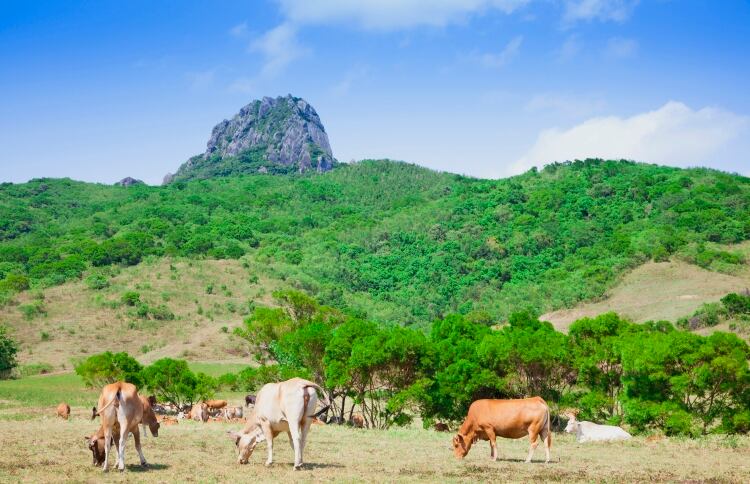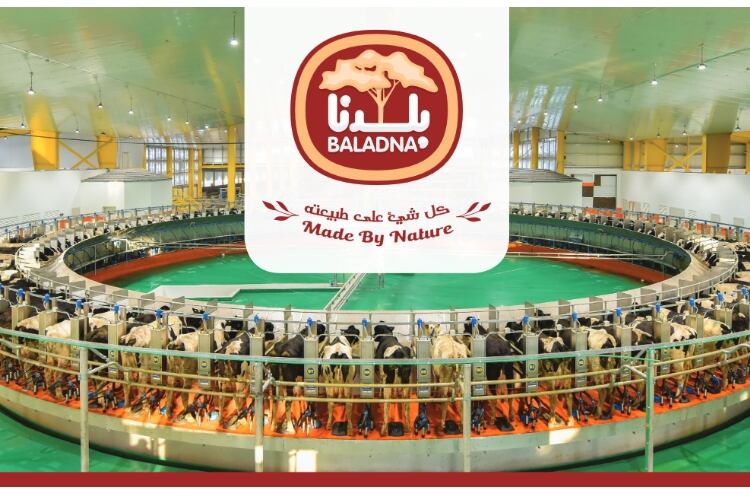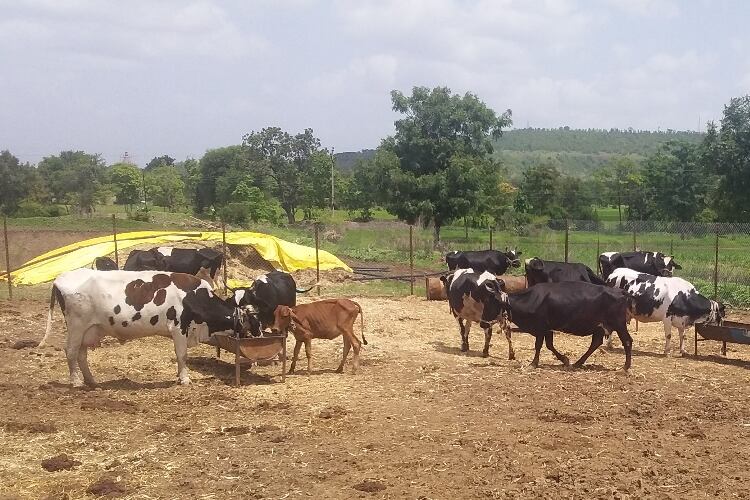In January, the Ministry of Labour announced it had decided to allow dairy farms to hire foreign workers on a trial basis as a means to help the industry tackle a shortage of manpower in the industry.
To allow for an expected trickle of foreign dairy workers to Taiwan, where the employment of migrant labor in agriculture has not had a strong tradition, several laws needed to be changed, and it was agreed that a report on the success of the plan would be presented a year later.
The strategy would be heavily regulated, it was announced. Only dairy farmers with at least 80 cows and who employed a minimum of four local farmers would be eligible to apply for a single migrant worker, who they would pay a minimum monthly wage of NT$28,000 (US$918).
Under the project, some 400 migrant workers had been expected to be brought in to help dairy farmers in Taiwan.
Dairy is a much smaller segment than the main agricultural industries of Taiwan, swine and poultry. Nevertheless, there are 62,000 dairy cows on 550 dairy farms, with an average farm size of only 2.8 acres. The primary breed is Holstein and over 70% of domestic production is for liquid milk.
Even with the small allocations provided, Taiwanese farmers have embraced the scheme, given how reticent their countrymen have been to work in the industry.
According to Council of Agriculture, locals are reluctant to seek employment on dairy farms because of the heavy workload and even their fear of big animals.
The problem is exacerbated by Taiwan’s rapidly ageing population. With one of the lowest fertility rates in the world, the country will soon surpass Japan in the ratio of elderly to young residents, with projections suggesting that by 2065 there will be only one working-age Taiwanese for every retiree.
According to COA figures for 2018, about 10% of farms in Taiwan experience regular labor shortages, which escalates at times of high demand.
One past initiative set out to recruit 54 local dairy farm workers at a monthly salary of nearly NT$40,000 (US$1,300), though only 20 out of 90 applicants accepted jobs and none of them stayed on at their farms.
The first arrivals of the new government initiative were set to touch down in September under the scheme, which had already been delayed by two months.
It had been expanded to provide workers to other agricultural segments. Of some 300 laborers, 109 had been hired to work on dairy farms, with the rest posted at various agricultural outreach organizations ahead of the harvest season.
Each had been given a three-year contract with the option to renew it periodically for up to 12 years. The government had also signed a deal with Indonesia to supply 450 fresh graduates to 45 farms on an internship scheme worth a subsidy of US$600 per month.
Employment contracts
Unfortunately, the plane is still on the runway, and the dairy farms continue to be without their migrant labor. This is because their employment contracts have yet to be verified by the workers’ home countries.
The bulk of Taiwan’s nearly 710,000 migrant workers come from Indonesia and Vietnam and Thailand, and accordingly these are also meant to provide the lion’s share of labor for the dairy program.
According to the Ministry of Agriculture in an announcement last month, these source governments require their workers’ employment contracts to be vetted before they are allowed to work abroad, in a bid to protect their rights. This, it says, is the reason for the hold-up.
In a bid to assuage the concerns of officials in these countries, the ministry has been organizing fact-finding visits to Taiwan to give them to get a better understanding of the country’s approach to employing dairy farm workers.
So far, Thailand has started the process of verifying the employment contracts, while Indonesia has agreed to allow its workers to take up employment in Taiwan’s agricultural sector and has given a sample employment contract to be reviewed by the ministry.
The Philippines has also reached a consensus with Taiwan on employment, though the details are still being discussed, according to the ministry. The ministry is also in talks with Vietnam on the matter, it added.
There are still hopes that the initiative will come through so that farm owners benefit and the workers will enjoy the higher income on offer from work in Taiwan, in an environment that safeguards their rights.
It will soon be a year since the scheme was announced and an assessment of its success or otherwise will be presented. Hopefully the Taiwanese officials involved will soon have something positive to report.




